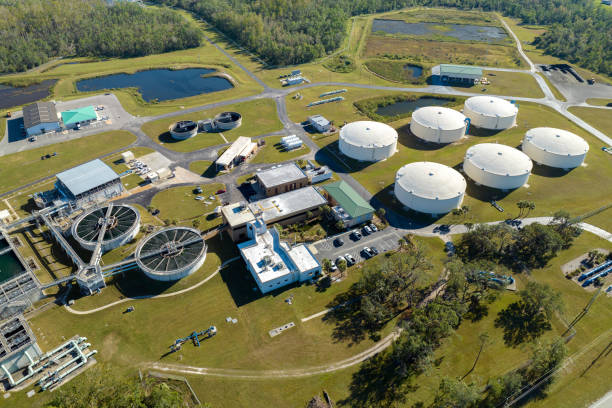Navigating Environmental Regulations in the Propane Industry

Adapting to Regulatory Changes for Sustainable Growth in Propane Industry
Propane Industry Like many sectors within the energy industry, the propane business is increasingly influenced by environmental regulations. These rules, aimed at reducing emissions and promoting sustainable energy sources, present both challenges and opportunities for propane companies. Understanding and adapting to these regulatory changes is crucial for maintaining compliance, ensuring business continuity, and seizing growth opportunities in a greener economy. Here, we outline the impact of environmental regulations on propane businesses as well as some strategies for successful adaptation.
Understanding the Regulatory Landscape
Environmental regulations affecting the propane industry vary widely, from emissions standards and carbon taxes to mandates for renewable energy integration. Keeping abreast of these regulations, both at national and local levels, is essential for propane businesses to ensure compliance and plan for the future.
Challenges Posed by Regulations
Compliance Costs: Implementing changes to meet new regulatory standards can involve significant investment in technology, infrastructure, and training.
Operational Restrictions: Regulations may limit certain business practices or demand modifications to existing operations, impacting efficiency and cost-effectiveness.
Market Competition: Stricter environmental standards can intensify competition, especially from alternative energy sources that new regulations may more heavily favor.
Opportunities Arising from Regulations
Market Differentiation: Companies that proactively adapt to and exceed regulatory requirements can differentiate themselves as leaders in environmental stewardship.
Innovation and Efficiency: The push to comply with environmental regulations can spur innovation, leading to more efficient and sustainable business practices.
New Markets: Regulations may open new markets, such as renewable propane, providing additional revenue streams and diversifying the business.
Strategies for Adapting to Environmental Regulations
Stay Informed: Regularly monitor regulatory developments to anticipate changes and plan accordingly. Consider engaging with industry associations for insights and advocacy.
Invest in Technology: Explore investments in technology and processes that reduce emissions and enhance efficiency, such as advanced propane delivery systems or renewable propane production.
Educate Customers: Inform customers about the environmental benefits of propane compared to other fuels and any sustainable initiatives your business is undertaking.
Leverage Incentives: Take advantage of government incentives or grants for businesses investing in clean energy technologies or practices.
Collaborate for Compliance: Consider partnerships with environmental organizations or other companies to share best practices and resources for achieving compliance.
Develop a Sustainability Strategy: Integrate ecological sustainability into your business strategy, including goals for reducing your carbon footprint and enhancing the sustainability of your supply chain.
Proactive Adaptation is Key
The impact of environmental regulations on propane businesses is undeniable, presenting both significant challenges and opportunities. By proactively understanding and adapting to these regulations, propane companies can ensure compliance and position themselves as leaders in a transitioning energy market.










